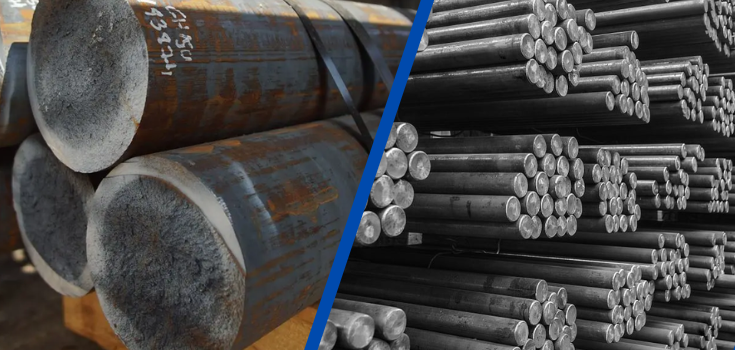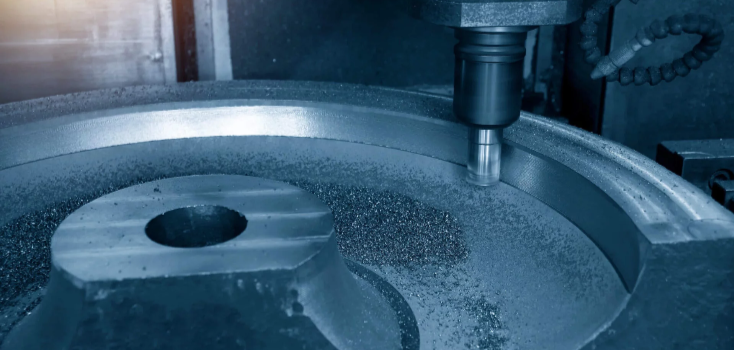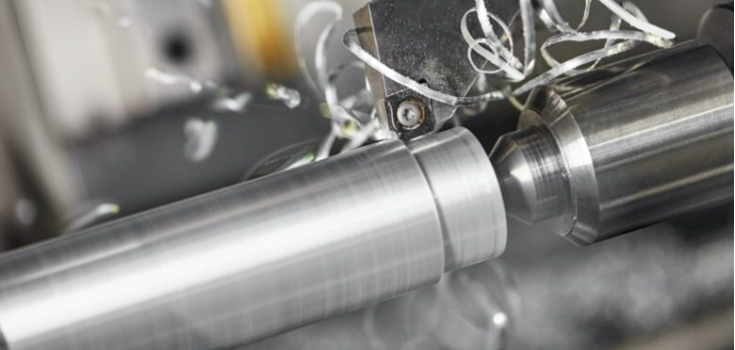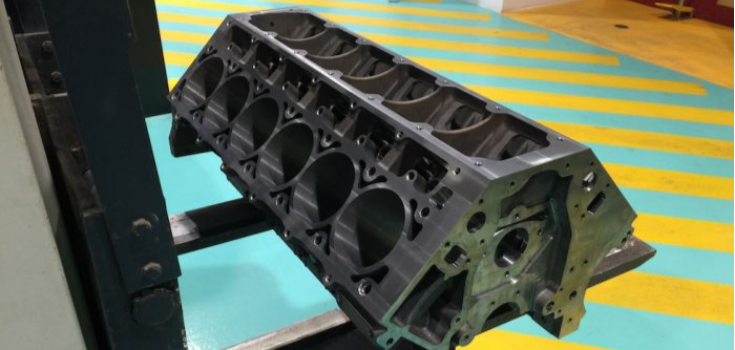- Startseite
- Ressourcen
- Cast Iron vs Steel: A Detailed Comparison
Gusseisen vs. Stahl: A Detailed Comparison
Cast iron, as compared to steel, is one of the important comparisons in several industries like construction, manufacturing, and automotive. Having the same basis of iron, cast iron, and steel have very different features regarding toughness, flexibility, durability, and applications. Cast iron is less flexible and more wear-resistant, whereas steel is more flexible.
Understanding the differences renders one capable of choosing the right material for use in your project. In this blog, we explain to you the differences between cast iron vs steel.
Was ist Gusseisen?
With a carbon content between 2% and 4%, cast iron refers to an iron-carbon alloy. It also contains silicon, manganese, and traces of other elements. Its high carbon content provides it with hardness, giving excellent casting capabilities for highly complex shapes. Cast iron is seen in pans, machinery, and pipes for its wear resistance and ability to retain heat. Its casting capability enables it to make objects with fine details.
Different types of cast iron include gray cast iron, ductile cast iron, and white cast iron. Each type has different properties focused on different applications. For instance, gray cast iron is used in engine blocks, while ductile cast iron is preferred for pipelines due to its flexibility and strength.
What is Steel?
Stahl, an iron-carbon alloy, has a carbon content of less than 2%. Alloying elements like chromium, nickel, or vanadium may be added to strengthen the steel further or enhance corrosion resistance or toughness. In contrast to cast iron, steel is more ductile; that is, it bends or stretches without breaking. Hence, it is usually found in constructions, bridges, and tools.
If legierter Stahl, tool steel, rostfreier Stahl, and carbon steel are all types of steel, each type serves a very specific purpose. Stainless steel is used in kitchens because it doesn't rust. Tool steel is used to make cutters and drills hard. Steel is the most versatile material known to man today.
Difference Between Cast Iron and Steel

Cast Iron Properties
- Hard and wear-resistant, but weak under sudden impact.
- Excellent compressive strength.
- Resistant to deformation, but difficult to join.
- Heavier than steel, making it suitable for stable, heavy-duty applications.
Steel Properties
- High tensile strength and ductility.
- It can be hardened and alloyed for specific properties.
- Easier to weld, forge, and machine compared to cast iron.
- Lighter weight, making it ideal for structural and automotive uses.
Cast Iron vs Steel Comparison Table
| Eigentum | Gusseisen | Stahl |
| Kohlenstoffgehalt | 2% – 4% | Less than 2% |
| Stärke | Hard but brittle | Strong and ductile |
| Gewicht | Heavier | Lighter |
| Korrosionsbeständigkeit | Better natural resistance | Requires coating/alloying |
| Bearbeitbarkeit | Harder to machine and weld | Easier to machine and weld |
| Anwendungen | Cookware, pipes, engine blocks | Construction, tools, automotive |
Cast Iron vs Steel: Which One to Choose?
The choice between steel and Gusseisen mainly depends on what the work requires. If you need stability, wear-resisting, and lasting functionality for high-compression applications, cast iron is actually the proper material. For instance, cast iron usage is ideal in pipes, engine parts, and pans.
On the other hand, steel provides not only workability but also flexible strength and lighter weight. It is widely utilized in buildings, bridges, tools, and vehicles. Cost is also a factor. Cast iron may be cheaper for production, but steel gives long-range dependability with high-intensity applications.
Advantages and Disadvantages of Cast Iron

Vorteile von Gusseisen
- High wear resistance makes it ideal for heavy machinery.
- It has excellent heat deposit properties, making it highly preferable for kitchenware and heating systems.
- The compressive strength is more suitable for base constructions.
- An economic advantage is produced for large castings.
Disadvantages of Cast Iron
- Weak nature causes cracks under sudden impact.
- Heavyweight limits its use in lightweight structures.
- Difficult to weld and modify once cast.
- Corrosion can occur in moist environments without coatings.
Advantages and Disadvantages of Steel

Advantages of Steel
- High tensile strength gives it a load-bearing construction.
- Flexibility and ductility minimize the risk of sudden failure.
- Possess different grades and applications.
- Easy to machine, weld, and recycle.
Disadvantages of Steel
- Require protective coatings against rust.
- It is, on most occasions, more expensive than cast iron.
- Needs careful alloying for specific applications.
- More sensitive when put under long-term stress.
Applications of Cast Iron

- Engine blocks and car parts
- Industrial pipes and joints
- Cookware like frying pans and skillets
- Decorative fixtures such as lampposts
Applications of Steel
- Bridges, buildings, and large frameworks
- Automobile bodies and parts for aerospace
- Tools, machines, and household appliances
- Shipbuilding and marine products
- Medical instruments and kitchen products
High Quality Metal Casting Services with DEK
DEK focuses on providing reliable casting and machining solutions for industries around the globe. Our experts evaluate your needs, recommend the best alloy, and ensure accurate production. Whether it is cast iron or steel components. DEK gives high precision and consistent quality.
Kontakt und fordern Sie ein kostenloses Angebot an.
Schlussfolgerung
The two interesting alloys compared in terms of cast iron and steel each maintain different advantages. Cast iron means durability, wear resistance, and low-cost features. On the other hand, steel means high tensile strength, flexibility, and versatile features. Your selection will depend on some peculiarities of your project; the real considerations are weight, cost, and performance criteria.
Having a clear understanding of the similarities and differences between the two alloys in question will enable you to choose the most suitable material for construction and manufacturing. Both alloys will always be significant, but smart selection is bound to enhance the effectiveness, dependability, and ultimate success of your applications.
FAQs
Wrought iron vs cast iron vs steel, which is stronger?
Steel is the strongest with respect to tensile strength and ductility. Wrought iron is weaker, and cast iron is brittle.
What is the difference between cast iron vs steel strength?
Cast iron has high compression strength, while steel has a higher tensile strength and ductility.
What is the difference between cast iron vs steel weight?
Cast iron is heavier and denser. On the other hand, steel is lighter, making it easier during construction.
Which is better, cast iron vs steel radiators?
Cast iron radiators retain heat for a longer time, whereas a steel radiator heats and cools faster. The best choice would depend on the type that heats the room most efficiently.
